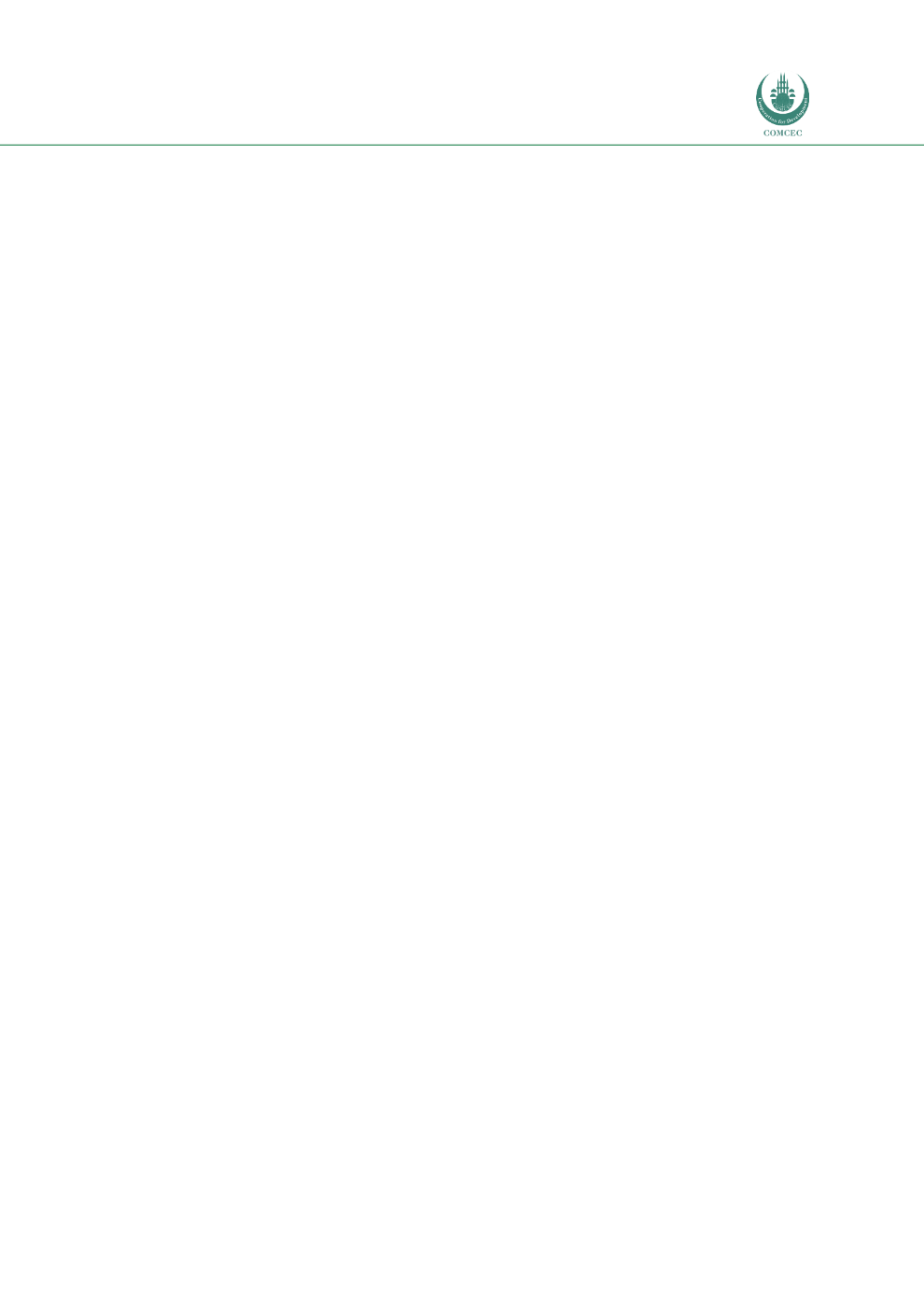

Islamic Fund Management
143
The first corporate bond was issued in 1992. Since then, more than 1,500 corporate debt
instruments have been listed on the JSE Debt Market. Over the years, corporate debt issuance
has increased but the liquidity of corporate debts remains relatively poor compared to
government debts.
Following legislative reforms in 2011, South Africa issued a USD500 million sukuk in
September 2014. It became the third non-Muslim country to issue sukuk after the UK and
Hong Kong. The sukuk had been four times oversubscribed and one half of the subscription
allocation had been given to investors from the GCC. The issuance of the sukuk represented
part of efforts by the National Treasury to diversify its funding and investor bases. Plans are
afoot to issue South Africa’s first domestic rand-dominated sukuk, with the aim of expanding
Islamic finance beyond the banking sector (The Economist, 2015).
Fund Market
South African funds are regulated by the FSCA under the Collective Investment Schemes
Control Act (CISCA), 2002. The assets of a CIS are managed by a manager registered with the
FSB. CIS includes foreign CIS, which must be approved by and registered with the Registrar of
CIS at the FSB and comply with the Collective Investment Schemes Control Act (CISCA) (Act 45
of 2002) (The Financial Services Board, nd).
In South Africa, there are five types of CIS that an investor can choose:
1.
CIS in securities:
the portfolio mainly consists of securities and includes local funds
registered with the FSB. Most CIS fall in this category.
2.
CIS in properties:
the portfolio mostly consists of property shares or direct ownership
of property.
3.
CIS in participatory bonds:
the scheme principally comprises participatory bonds.
4.
Declared CIS:
this is a scheme declared by the Minister of Finance as a CIS.
5.
Foreign CIS:
these are foreign schemes which solicit investments from South Africans.
The Islamic fund management market in South Africa currently houses seven AMCs offering six
types of Islamic products comprising equity, balanced, global, property, income and ETF funds.
As at end-2017, Islamic AuM accounted for only 0.7% of total AuM in South Africa. The next
section will provide further analysis of the asset allocation.
Insurance Market
The regulatory body of the insurance sector is the FSCA, which supervises the solvency
reporting requirements and regulation of insurers and reinsurers under the Short-term
Insurance Act 1998 (STIA) and Long-Term Insurance Act 1998 (LTIA) (Thomson Reuters
Practical Law, nd). As of 2013, the country had 97 short-term insurers and 74 long-term
insurers. The sector is already highly concentrated, with almost 90% of the long-term market
in the hands of major players such as Old Mutual, Santam, Liberty Group, Outsurance and
Sanlam. In the short-term market, the figure stands at about 44%. The South African Insurance
Association (SAIA), which represents the interests of short-term insurers, reported 61
members as of June 2015 (Oxford Business Group, 2016). On the other hand, the
takaful
market in South Africa has been rather sluggish, with only one
takaful
company.
Takaful
was
















